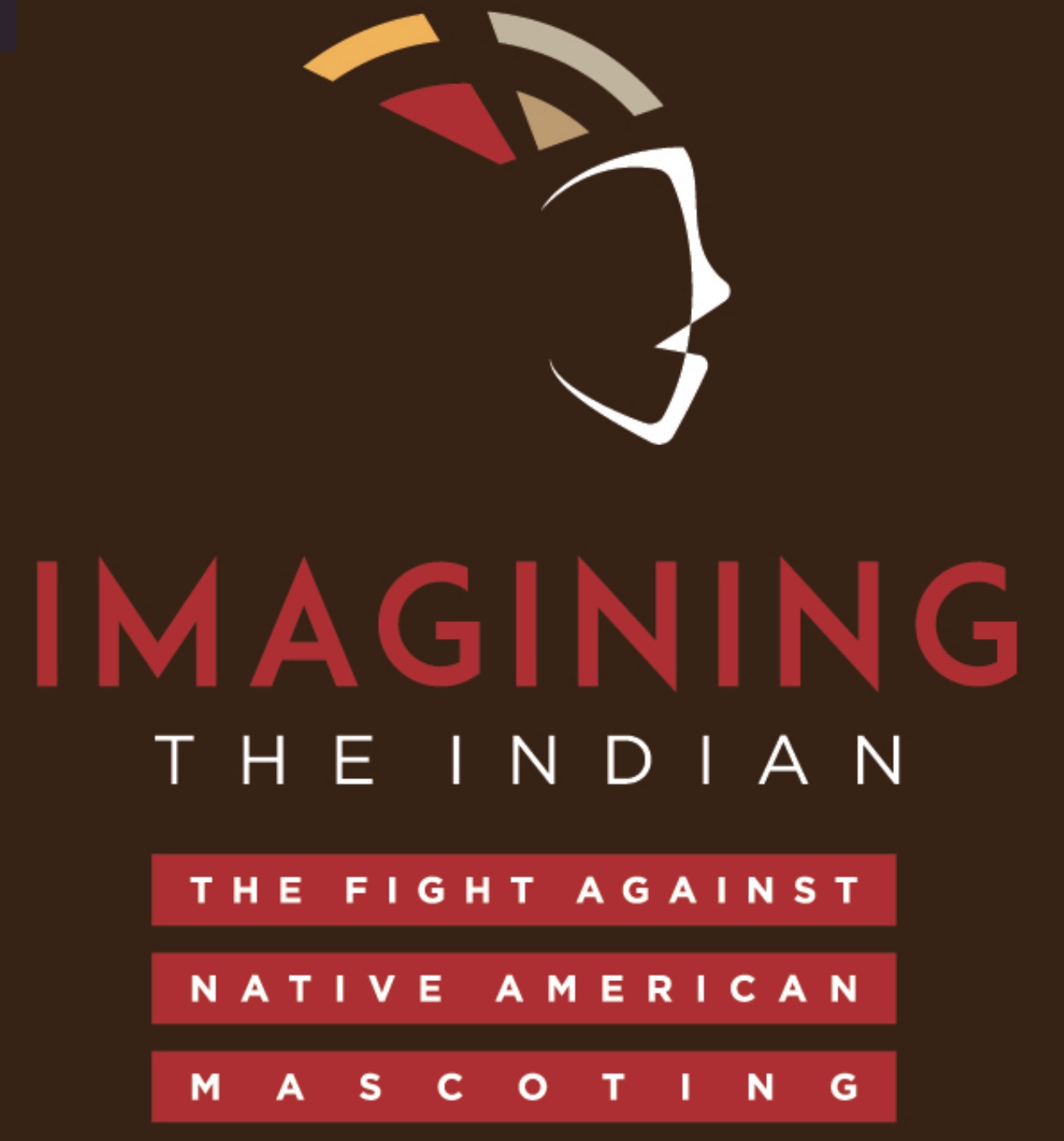FREE FILM SCREENING AND PANEL DISCUSSION: IMAGINING THE INDIAN: THE FIGHT AGAINST NATIVE AMERICAN MASCOTING
Nov. 13 at 5:30 PM in Varnado Hall, NSU Campus – Award-winning documentary follows the acceleration of a movement which began in the 1960s or earlier to end the use of unsanctioned Native American names, logos and mascots in the sporting world and beyond. Panel discussion afterwards will feature director Aviva Kempner virtually.
NATCHITOCHES—Imagining the Indian: The Fight Against Native American Mascoting is a recent documentary that examines the movement to end the use of Native American names, logos, and mascots in the world of sports and beyond. The film follows the current uprising against the misappropriation of Native cultures in a national reckoning about racial injustice. It examines the origin and proliferation of the words, images, and gestures that many Native people and their allies find harmful, as well as the impact that stereotyping and marginalization of Native history have had on Native people. It chronicles the long social movement to eliminate mascoting.
“A lot of people think some Native Americans are just offended by Native mascot images or are thin-skinned,” Dr. Rebecca Riall, NSU’s American Indian and Indigenous Studies minor coordinator says. “That is not the issue. Research consistently shows that these images harm Native students, and the stereotypes that mascots embody are, for too many non-Native Americans, all that they know about Indigenous people. These images have taken the place of accurate information.”
“Documentaries open hearts and minds to new ideas, taking us to places we don’t normally get to go,” explains Dr. Melody Gilbert, organizer of the Documentary Screening Series at NSU and professor of New Media, Journalism and Communication Arts. “This film will do that, and I’m looking forward to the discussions that will happen after the screening.”
The screening and panel discussion will take place November 13, 2023, at 5:30 PM, at the Varnado Hall Ballroom. They are free, and the public is welcome. The panel will include the film’s director, Aviva Kempner, and local community members and academics.
Dr. Jasmine Wise, coordinator of NSU’s Center for Diversity and Inclusion and assistant professor in the School of Social Sciences and Applied Programs, notes that stereotypes dehumanize people. “Over time American culture has become desensitized to the use of real people, communities, and culture as mascots. This event will raise awareness and bring the significance of the topic to the forefront.”
These problems are not unique to Indigenous people, although the prevalence of use as mascots may be. “Native cultures, like many others that came into contact with Europeans, were often misunderstood, suppressed, and then reduced to caricatures of their former selves,” adds Anna T. MacDonald, assistant professor and Head of Information Literacy, Library Instruction, and Reference at NSU Libraries.
The screening and panel are presented by the Documentary Screening Series (Department of New Media, Journalism, and Communications Arts) and the American Indian and Indigenous Studies minor (School of Social Sciences and Applied Programs). They are cosponsored by the Native American Student Association; Center for Inclusion & Diversity; Department of English, Foreign Languages, & Culture Studies; and NSU University Libraries.
The screening is also part of NSU Native American Heritage Month Activities. “Native American Heritage Month is a time to celebrate the contributions of Indigenous People to the country as we know it. We must be informed so we move forward with purpose,” says Brittany Broussard, Director of Culture and Climate at NSU and instructor of Psychology.
The event organizers hope to start a respectful discussion within local communities about how mascots affect Native youth in particular. “Imagining the Indian gives us the chance to talk seriously about how stereotyped representation affects our students and community members,” says Dr. Allison Rittmayer, associate professor, Department of English, Languages, and Cultural Studies.
“Federally acknowledged tribal governments are major economic drivers in Louisiana,” Riall adds. “Stereotypes and misinformation don’t just hurt Native people. They hurt people who could benefit from tribal partnerships and employment, or who just want to be informed citizens. It is time to see accurate regional American Indian histories, not caricatures and made-up folk tales, take their rightful place in education, from K-12 to college.”


